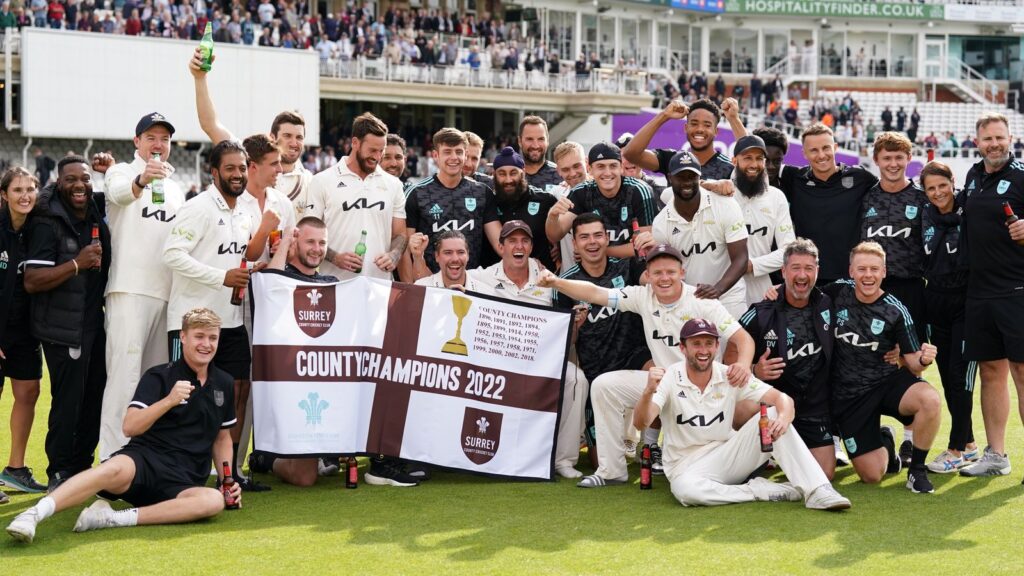County cricket clubs have come under fire for their ongoing lack of progress in increasing the ethnic and gender diversity of their senior leadership teams. Despite repeated calls for change from the England and Wales Cricket Board (ECB), the 18 first-class counties have seen little to no improvement in minority ethnic and female representation within their boards and executive teams since 2019.
The 2025 State of Equity in Cricket Report, released by the ECB, highlights the continued underrepresentation of ethnic minorities and women in key leadership positions. Sanjay Patel, the Chief Executive of Yorkshire, is the only executive from an ethnically diverse background among the 36 county chairmen and chief executives. Patel’s position is a rare exception, as the report also notes that only one female executive role has been added this year, following years of stagnation.
In terms of ethnic diversity, Yorkshire remains an outlier with Patel at the helm, while Kent’s Krishna Shanmuganathan is the only minority ethnic chair in the county system. As for gender representation, Lisa Pursehouse had been one of the two female CEOs in 2019, but her departure from Nottinghamshire this year leaves only one female executive in a prominent position. This is despite the recent appointment of Emma White as CEO of Leicestershire and Dame Sarah Storey’s interim role as Lancashire’s chair.
The lack of diversity at the top has drawn criticism from prominent figures in the game, with Ebony Rainford-Brent, a former England player, attributing the continued barrier to entry in cricket to class disparities. She stressed that the issue is not simply about representation but about creating accessible pathways for the most underrepresented groups.
Although the ECB has seen greater success in diversifying its own leadership—42% of its board members are female and 33% come from ethnic minorities—the counties have lagged behind. The report has called for focused interventions to improve executive leadership representation, as well as broader efforts to make cricket more inclusive.
Richard Thompson, the ECB chair, acknowledged that while progress has been made, there remains much more work to be done. He emphasized the importance of ensuring that leadership roles across cricket reflect the diversity of the communities the game serves. Despite the setbacks, the ECB remains committed to its goal of making cricket the most inclusive team sport in the country, with a clear focus on increasing representation at all levels of leadership.

